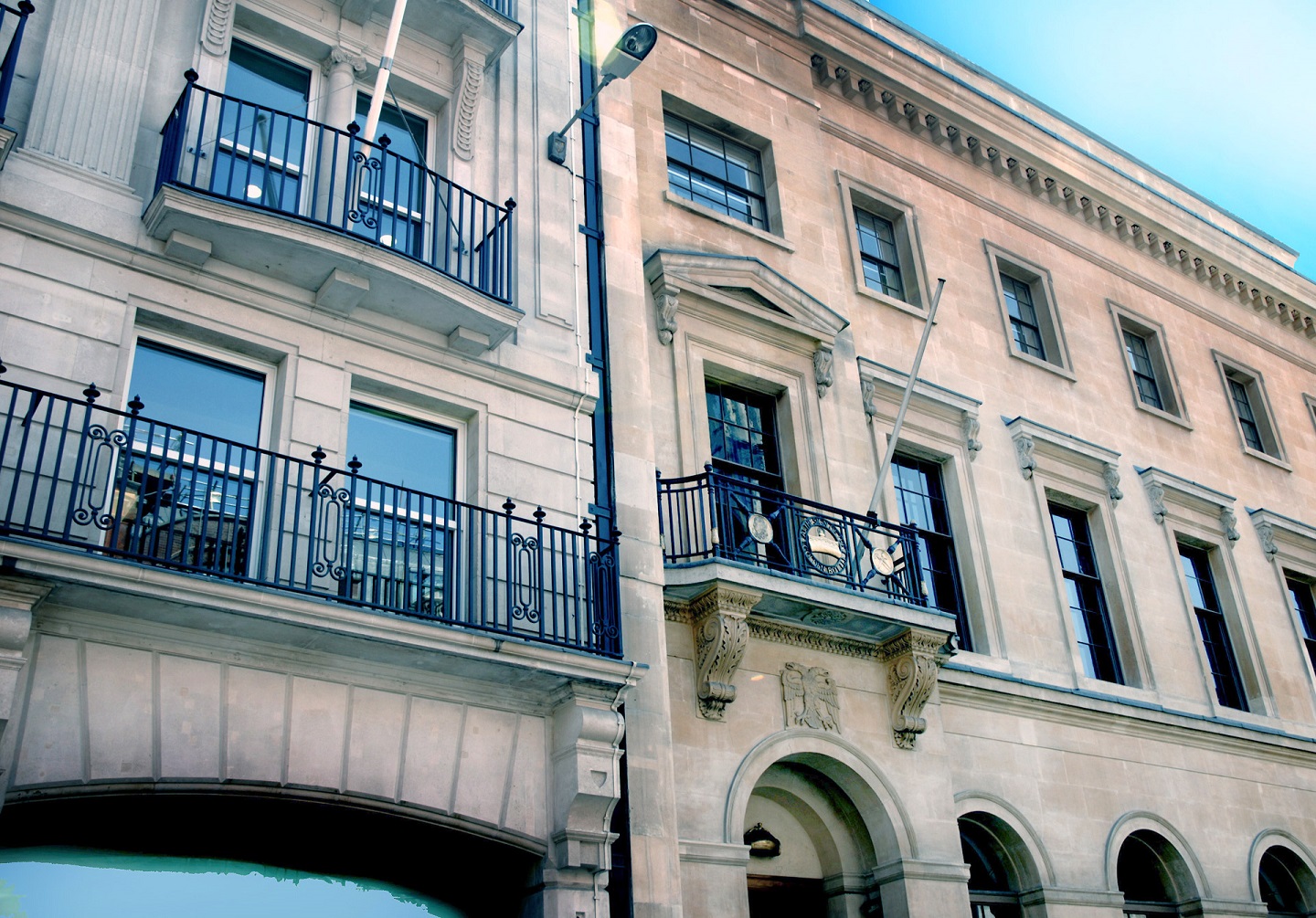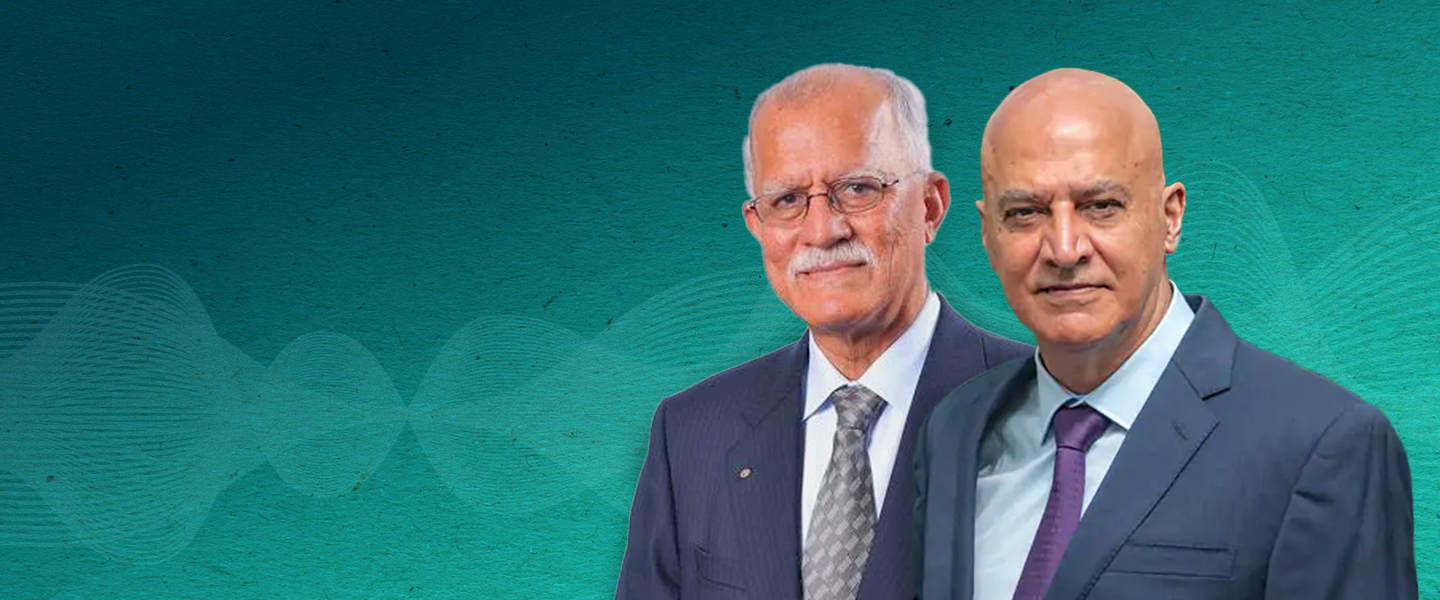
How a 350-year old family-owned bank uses philanthropy to benefit its business and society
Most people think of philanthropy as a one-way street: giving money to benefit the unfortunate. One centuries-old bank – still in the hands of the founding family – has found a way to put philanthropy at the heart of its success.
C. Hoare & Co. shows that philanthropy, when integrated into all parts of an organization, can also benefit its owners, employees and customers.
C. Hoare & Co. is UK-based family-controlled bank and a member of Hénokiens – an association of family businesses that are over 200 years old.
C. Hoare & Co. remains at the forefront of giving back. Since its foundation in 1672 by Richard Hoare, the Hoare family has been leading the bank to achieve its ambition of being both good bankers and good citizens. Its commitment to charitable giving was recognized at the London 2019 Private Banking & Wealth Management Awards where it won in the Outstanding Private Bank for Philanthropy category and the 2019 Managing Partners’ Forum Award for best philanthropy engagement.
One of the Hoare family’s remarkable philanthropic commitments is co-founding in the early 18th century one of the first hospitals in the world to be funded by subscription – the Westminster Hospital, which remains a pioneering institution to this day.
The Hoare family and the bank’s deep modern-day commitment to philanthropy was articulated in 1985 when the Golden Bottle Trust was set up. This trust receives 10% of the bank’s profits each year. To date, C. Hoare & Co. has given grants of more than £23 million. In 2016, the bank founded a partnership with another charitable trust – the impact investment focused Project Snowball. Subsequently, four other charitable trusts also joined.
Philanthropy is central to C. Hoare & Co.’s culture and, beyond its positive impact on beneficiaries, it has tangible effects on its owners, employees and customers.
For the family
Philanthropy as a binding tool
The bank’s founder – Richard Hoare – had 17 children and has over 4000 descendants, more than half of which are alive today. Philanthropy helps keep families united. Family members who are inactive in the business, through their philanthropic engagement, can realize that they are a part of “something bigger” than themselves.
At C. Hoare & Co., during their monthly family forum meetings, family members engage into deep discussions about philanthropy. Any family member can apply for a grant up to £5000 to support a charity that they are deeply involved in.
The family working in the bank also recently participated in a profiling exercise to identify the causes that mattered most to the family. This exercise allowed the family members to focus its individual and collective philanthropy efforts where they believed they could achieve the most impact.
Philanthropy as a value compass
The bank has an unlimited liability ownership model. Partners are responsible with their personal assets if anything goes wrong. The bank is set up so family ownership is not diluted over time. Whenever a partner retires, their ownership is handed back. As a result, today only six out of the 2400 direct descendants of bank’s founder are owners.
The family’s commitment to philanthropy is evidence of their shared values and strengthens their mutual trust.
For the employees
Philanthropy as a market compass
Most board members at C. Hoare & Co., including the non-executive directors, are deeply philanthropic. Philanthropic experience enriches board-level insights about what matters to the bank’s customers. In turn, this helps enhance strategy and the ways in which customers are served.
Philanthropy as an on-boarding practice
Every newcomer participates in an on-boarding course about philanthropy and its relevance to the bank. In that way new employees quickly grasp the bank’s purpose of being good bankers and good citizens.
This on-boarding practice has translated into tangible results in terms of employees’ philanthropic giving; around half of the Bank’s staff do “give as you earn” (also called payroll giving). For every pound that employees give, the Golden Bottle Trust puts two pounds into their charitable account. In 2018, employees gave £80,000, and the Golden Bottle Trust topped that off with £160,000.
In 2019, among a small number of firms globally, C. Hoare & Co. has been awarded with The Diamond Payroll Giving Quality Mark for its support of charities.
Philanthropy as an engagement tool
The bank’s non-family CEO is involved with charities and gives his considerable expertise to the UK’s social mobility commission. These activities (which are not typical for CEOs) help him connect with the bank’s partners and employees at a different level.
Bank employees also participated in the profiling exercise to determine the causes that they care most about. This helped to drive the bank’s charity of the year decision. The bank also adjusted its volunteering to reflect the employees’ preferred causes. This resulted in overall increased engagement and employees identifying more closely with the bank.
Beyond payroll giving, employees can serve on philanthropic committees where they assess, and pre-select grant recipients. Through that and other activities, all employees participate to some extent in decisions about the bank’s grant-making.
For the customers
Philanthropy as a platform
The “Winter Talks” organized by C. Hoare & Co, are a platform for dialogue on particular causes between the bank and its customers and other relevant stakeholders. The invited speakers are usually philanthropists or representatives of charities with a reputation for being deeply impactful in their field.
In 2018, the bank invited representatives of four prison charities to give a presentation to their customers. The event brought together professionals who have an impact in that area such as judges, policy makers and prison visitors.
Philanthropy as a tool for facilitating new or existing relationships
The bank regularly organizes roundtable meetings where philanthropists meet amongst each other.
Most recently, one of these discussions was dedicated to grant-making in the Academy School space. The core metric of success of these meetings is to create a safe space to enhance learning from successes and failures.
Philanthropy as innovation
Philanthropy informs and inspires product and service innovation at the bank. In 2011, the C. Hoare & Co. was the first among the UK’s private banks to set up a Donor Advised Fund (DAF) called the Master Charitable Trust – a giving vehicle that is now common at most banks. The customer base using this fund grew rapidly as the general public’s interest in having a positive social impact continues to grow. To date, 70 customers use this fund of over £140 million in assets and have contributed over £60 million of grants.
The bank’s customers can easily and effectively give grants to the causes and charities that are close to their hearts. This encourages the customers to return to C. Hoare & Co. as they know that they are dealing with the world’s experts when it comes to philanthropy.
Summary
The positive impact of C. Hoare & Co.’s philanthropy lies in the fact that the bank’s philanthropic efforts are orchestrated all throughout the bank and with its many stakeholders.
Thanks to philanthropy, the bank achieves its desired economic and social impact of being good bankers and good citizens.
Hoare & Co. is a model to other businesses who could also develop a holistic approach of integrating philanthropy into different parts of their organizations to benefit their owners, employees and customers and, in a broader sense, society.
Research Information & Knowledge Hub for additional information on IMD publications
The Handtmann case examines the co-CEO leadership model in the context of family business. Based on interviews with three key executives – the co-CEOs and the President of the Advisory Board – the case focuses on how Handtmann handled the leadersh...
The Handtmann case examines the co-CEO leadership model in the context of family business. Based on interviews with three key executives – the co-CEOs and the president of the advisory board – the case focuses on how Handtmann handled the leadersh...

Family Enterprises resilience is tested as one family's struggle through multiple crises offers best practices for others facing challenges and uncertainty.
Decades of stability can unravel overnight, but sustaining both family harmony and corporate success is a perpetual challenge. Succession is among the buzzwords as all eyes are on City Developments Limited (CDL), where a bitter leadership feud has...
An organization's purpose is the fundamental reason why a company exists, going beyond the simple pursuit of profit. It reflects the core values, mission and impact that the company wishes to have on society. Often, when we talk about purpose , th...
Italian entrepreneurial families can ensure their continuity through structured governance strategies, effective family wealth management, engagement of new generations, and the enhancement of their legacy. The Objectives-Resources-Governance mode...

From Boomers to Gen Z, each generation has unique experiences and insights to share. Discover how cross-generational learning fosters growth, innovation, and understanding in today’s world.

Leaders of family firms are struggling with multiple role identities, and poor board management is putting the future of family enterprises at risk.

Tolaram’s Mohan Vaswani and Sajen Aswani on how the family enterprise has achieved success across four generations, three continents, and 75 years.
Jess Chua was a leading scholar in the field of family business and a major contributor to Entrepreneurship Theory and Practice both as an author and editor. His significant contributions to the field were acknowledged by the Web of Science, which...
Research Information & Knowledge Hub for additional information on IMD publications
The Handtmann case examines the co-CEO leadership model in the context of family business. Based on interviews with three key executives – the co-CEOs and the president of the advisory board – the case focuses on how Handtmann handled the leadersh...
Research Information & Knowledge Hub for additional information on IMD publications
The Handtmann case examines the co-CEO leadership model in the context of family business. Based on interviews with three key executives – the co-CEOs and the President of the Advisory Board – the case focuses on how Handtmann handled the leadersh...
Research Information & Knowledge Hub for additional information on IMD publications
Research Information & Knowledge Hub for additional information on IMD publications
Research Information & Knowledge Hub for additional information on IMD publications
Research Information & Knowledge Hub for additional information on IMD publications
Research Information & Knowledge Hub for additional information on IMD publications
Research Information & Knowledge Hub for additional information on IMD publications
Research Information & Knowledge Hub for additional information on IMD publications
in Entrepreneurship Theory and Practice 5 February 2025, ePub before print, https://doi.org/10.1177/10422587251315653
Research Information & Knowledge Hub for additional information on IMD publications

